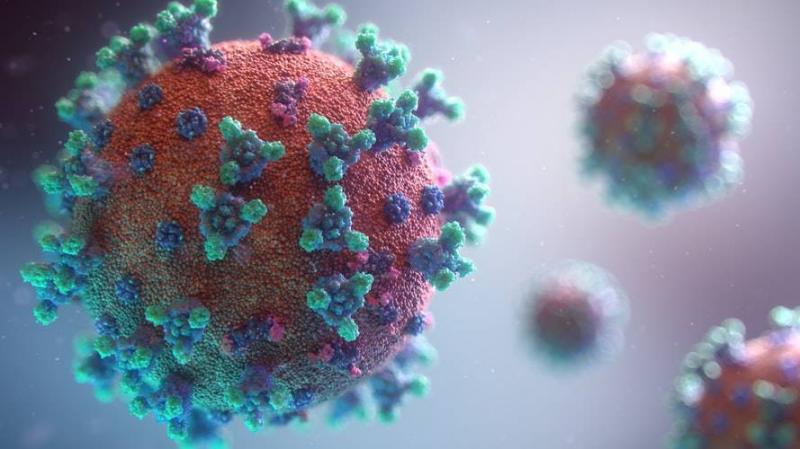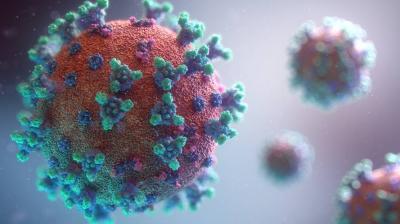Under the title "Is the Coronavirus Becoming More Contagious? The Spread of the Delta Variant Raises Concerns," Al-Arabiya reported that due to the highly contagious nature of the Delta variant, which challenges global pandemic control efforts, there looms a significant unknown: what might the virus behind COVID-19 do next? Scientists widely agree that it is likely that new mutations of the COVID-19 virus will emerge over time, adding to a list of Greek letters that already includes Alpha, Beta, Gamma, and Lambda, which are currently circulating.
The question is whether the virus causing the worst pandemic in a century will evolve to become more or less threatening in terms of harm to human health, transmissibility, and vaccine resistance. While the history of previous viruses offers potential scenarios for the trajectory of the current pandemic, there is no strong consensus on the threat posed by emerging variants. Experts largely agree that the coronavirus will continue to spread in some form for years to come, but there is no way to know exactly how it will evolve, and not all mutations are necessarily more dangerous or concerning.
Yvonne Su, an assistant professor in the Emerging Infectious Diseases program at Duke-NUS Medical School in Singapore, stated, "Variants of COVID-19 are bound to appear, but not all mutations will have a negative impact on public health." "It is important to monitor and assess emerging variants as some may increase risks," according to the South China Morning Post, which Al-Arabiya reviewed.
The World Health Organization has so far identified four mutated strains as "variants of concern," including Delta, which has a transmission rate twice that of the original strain first identified in Wuhan, China. Delta is now considered the dominant strain worldwide, having spread to at least 135 countries since its identification in India in October 2020. The WHO has also listed four variants as significant based on "genetic changes that are expected or known to affect the virus's characteristics," such as transmissibility, severity, and vaccine resistance.
#### Vaccine Efficacy
While there is evidence that the Delta variant spreads more easily among vaccinated people than the original Wuhan strain, it has not been proven that any of the variants render vaccines ineffective in preventing severe disease and death. In Britain, where about 75% of individuals over 18 are fully vaccinated, hospitalizations and deaths have dropped to low numbers from their peaks despite tens of thousands of new daily cases in recent weeks. According to data from Public Health England, only 512 individuals who received two vaccine doses were hospitalized between July 19 and August 2, compared to a daily average of 39,000 hospitalizations during the January peak.
Poppy Roy, a virology professor at the London School of Hygiene and Tropical Medicine, noted that most viruses gradually evolve over time to be more beneficial to the virus, which means not losing the host. She added, "It is impossible to predict a timeline, but most pandemics in the past have lost their strength after two years, so this kind of timeline may be realistic."
#### Concerns for the Future
Experts have issued more alarming warnings about the threat of future coronavirus variants, particularly the risk of the emergence of variants resistant to current vaccines. In a survey involving 77 epidemiologists conducted by the People's Vaccine Alliance in March, two-thirds of respondents believed that the virus would mutate to the point where first-generation vaccines would be ineffective within a year or less. Nicholas Ostrider, Dean of the Jockey Club College of Veterinary Medicine and Life Sciences at City University in Hong Kong, stated that past experiences suggest that new variants will likely be more transmissible and resistant to vaccines.
Ostrider added, "Simply put, viruses have no benefit in becoming more virulent; they are just 'interested' in survival and spread." Therefore, the virus does not care whether it becomes more or less virulent as long as it can spread efficiently. In general, there is a trade-off between virulence and transmissibility, thus a balance will be achieved.




